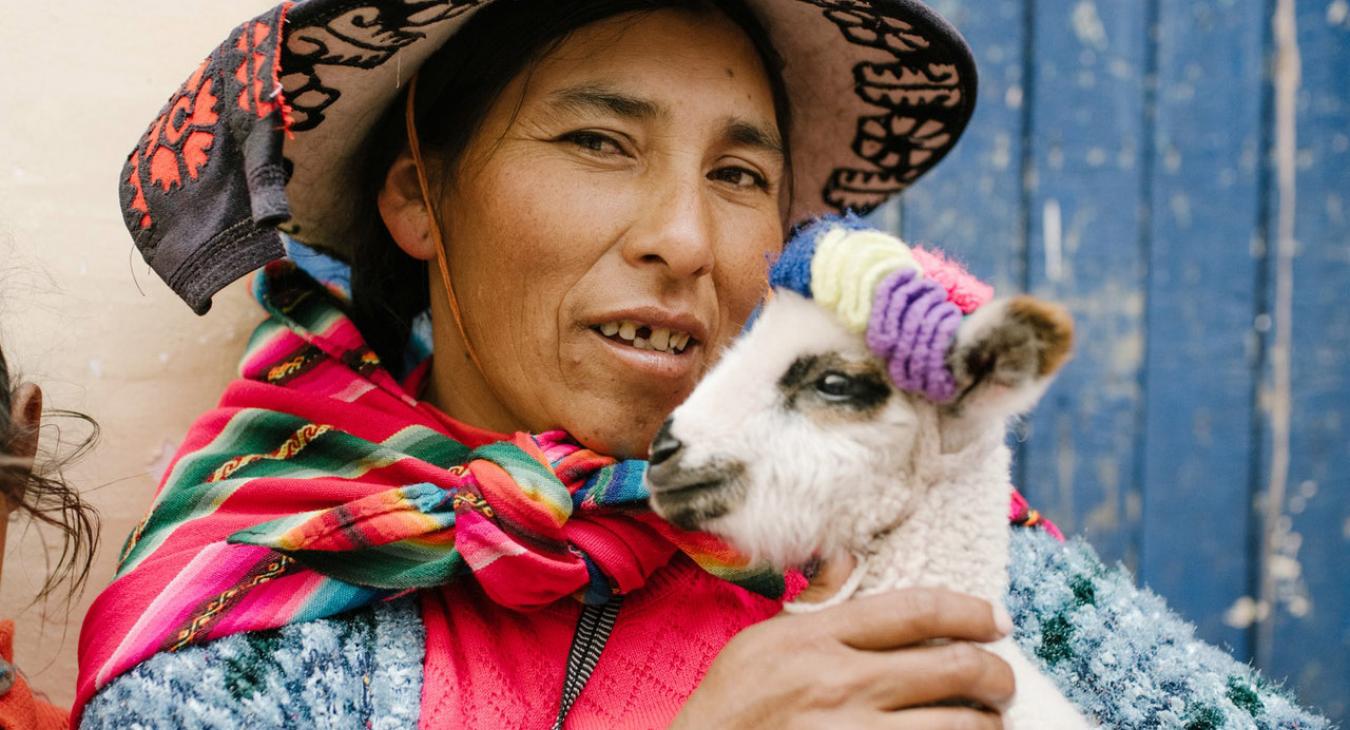
Ahead of the annual Global Solidarity Summer School Theo Morrissey of the International Trade Union Confederation looks at how Sustainable Development can become a global reality and how trade unions can play their part
The trade union understanding of development runs far deeper than simply increasing national wealth: instead it focuses on improving quality of life and life chances for the majority of citizens.
Decent Work is central to achieving this goal. It is a key factor in the fight against poverty and inequality in all its forms and in how we achieve a Just Transition to a more sustainable economic model.
It was encouraging to see these aims being given formal recognition in the Sustainable Development Goals. This set of 17 shared objectives was adopted as part of the 2030 Agenda for Sustainable Development, signed by all UN member states in 2015.
It is worth noting the key role played by Ireland in this process, as it helped to steer the negotiation process for the 2030 Agenda, in tandem with Kenya.
Adopting the Sustainable Development Goals is only the beginning - the real battle lies in ensuring their full implementation.
Social Dialogue
Industrialisation played a formative role in the development of the world's wealthier countries. However, in its early stages, that process was characterised by very poor working conditions and low wages. That imbalance was only addressed with the emergence of trade unions, as workers banded together to improve their lot.
The same applies today: workers in developing countries need their own collective voice and guaranteeing the right to freedom of association and collective bargaining is key to achieving this.
The next step is to ensure working people are at the table when decisions that affect them are being made. Societies that have built social dialogue into their decision-making process are more egalitarian, socially sustainable and prosperous.
Official Development Assistance (ODA) is a tool with which wealthy countries can assist the development of poorer countries. It can be instrumental in laying the foundations for a virtuous cycle of development. But for this to happen, it is crucial that ODA promotes local ownership of the development process and mutual accountability.
But there is also a need for greater coherence between this and wider policy.
Trade Policy
Some countries have managed to progress up the global supply chain and develop a more a skill-based economy, through adoption of a strong industrial policy.
However, the proliferation of (neo) liberal trade and investment deals often constitute a barrier to the adoption of such policies, resulting in some countries becoming mired in the lower echelons of the global supply chain.
Equally, in terms of international development policy, we urgently need to close the gaps in the international fiscal architecture that enable unfair wealth extraction from the developing world and promote corruption.
A major concern for trade unions is the pre-eminent role given to the private sector in the Agenda 2030 implementation process. The process does not appear to fully differentiate between non-profit organisations, workers' cooperatives or profit-driven multinational enterprises – providing the latter with an unfair advantage.
Donor countries are designing new tools to bring more private capital into the development mix. Public Private Partnerships and 'financial blending' are the main instruments.
In a recent study the Trade Union Development Cooperation Network (TUDCN) found deep flaws in the application of these tools.
They tend to use large multinational companies – who bring their own skilled workers – with few gains for the local workforce. Foreign companies also tend to repatriate profits, which harms the local economy. In addition, these financial instruments include very limited provisions for the accountability of the private sector. Evidence suggests that the ability of workers to organise and to raise complaints is often undermined.
Unfortunately, there is no quick-fix solution to these complex problems.
What Can Ireland Do?
Ireland can assist the process by meeting its commitments to dedicate O.7% of its income to ODA. It can also integrate social dialogue into the design and implementation of its own development policy, as is well established in the highl- praised Nordic approach to development, as illustrated by Sweden's Global Deal.
At international level, Ireland can use its voice - within the EU and UN - to strengthen the links between Agenda 2030 and the ILO's Decent Work Agenda.
Ireland will present its progress on the Sustainable Development Goals to the UN, in 2018. This presents a perfect opportunity to review support to development initiatives abroad and its own overall programme.
It can follow up on its key role in negotiating Agenda 2030 by becoming an example of commitment to its implementation. Involving civil society in a genuine process of social dialogue will help provide an honest appraisal of how to move forward. Trade unions are ready to play their part.
For more information on the issues raised here:
TUDCN home - http://www.ituc-csi.org/development-cooperation
ITUC Agenda 2030 - http://www.ituc-csi.org/2030Agenda
ILO - http://www.ilo.org/global/topics/sdg-2030/lang--en/index.htm
Global Deal - http://www.theglobaldeal.com
